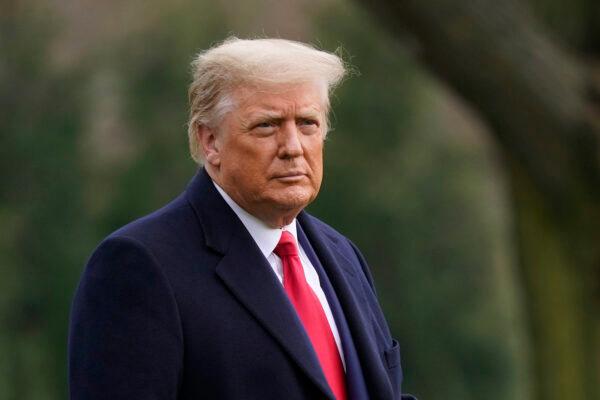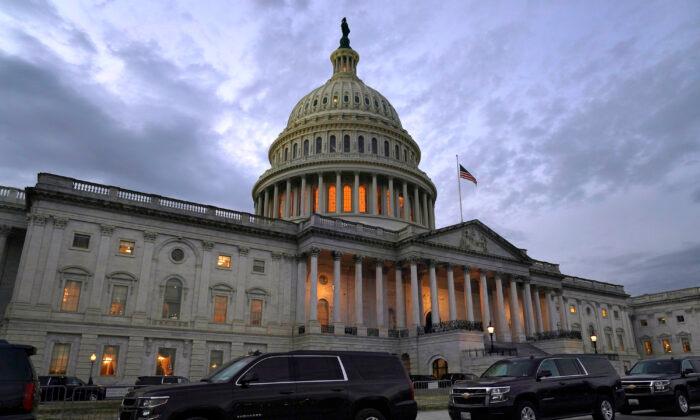The House of Representatives voted late on Dec. 28 to amend the COVID-19 relief bill to boost direct payments to Americans to $2,000 from $600.
A two-thirds majority was required to pass the bill, known as the CASH Act. It passed the Democratic-majority House in a 275–134 vote; the measure now heads to the Republican-majority Senate for consideration.
The bill would increase payments for adults and children from $600 to $2,000. People with incomes of up to $75,000 and married couples with incomes up to $150,000 would be eligible for the full amount. The amounts would decrease for those earning higher incomes.
The measure would also let adult dependents—such as college students or elderly or disabled adults—be eligible for both the $2,000 payments and the $500 payments that were authorized by the March CARES Act.
Senate Democratic Leader Charles Schumer (D-N.Y.) said on Monday that he would try to pass the bill on Tuesday.
The move comes after President Donald Trump used the Impoundment Control Act of 1974 to increase the stimulus payment amount to $2,000 and remove what he called “wasteful spending” from the relief bill.
The Impoundment Control Act of 1974 allows the president to make demands to Congress, although Congress ultimately decides whether they will accept his demands and any rescissions and vote on them.

Trump signaled that he would invoke the act on Dec. 27, writing, “I will sign the Omnibus and COVID package with a strong message that makes clear to Congress that wasteful items need to be removed.
“I will send back to Congress a redlined version, item by item, accompanied by the formal rescission request to Congress insisting that those funds be removed from the bill,” he added. “I am signing this bill to restore unemployment benefits, stop evictions, provide rental assistance, add money for [small business loans], return our airline workers back to work, add substantially more money for vaccine distribution, and much more.”
The House and the Senate on Dec. 21 passed a $900 billion COVID-19 relief bill following at least six months of back-and-forth negotiations. The measure advanced alongside a $1.4 trillion annual federal spending package to keep the federal government funded for another year.
He also said that the bill didn’t provide enough economic aid for small businesses, which have been hit hard as a result of pandemic-related restrictions.
The president in October called for a “stand alone bill” that would provide direct payments of $1,200 to Americans.




